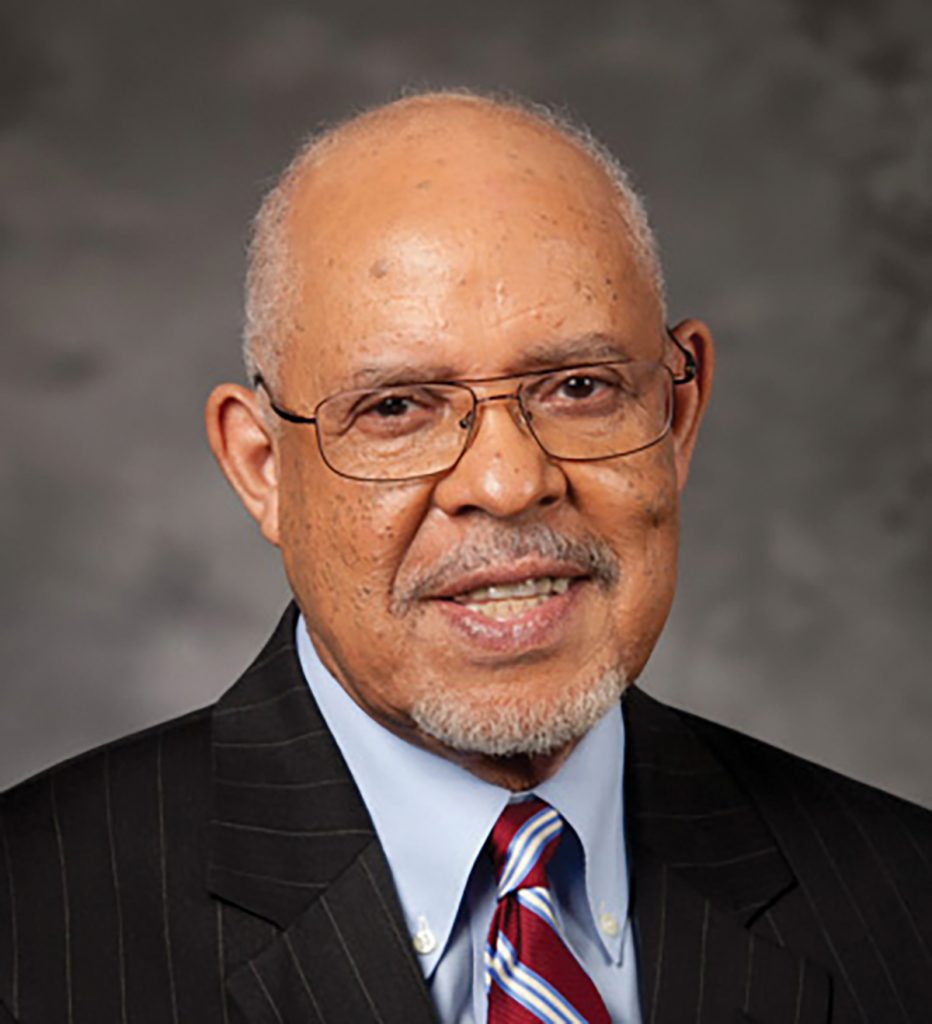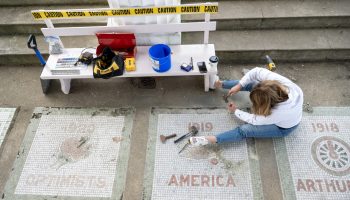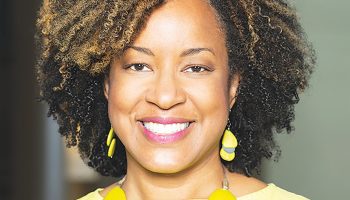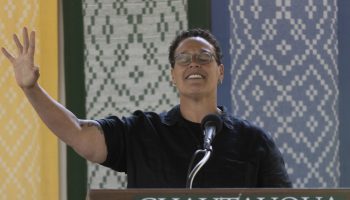On the nation’s birthday, former ambassador James Joseph is prepared to remind Chautauquans of what it means to be truly patriotic.
At 2 p.m. Tuesday in the Hall of Philosophy, Joseph will give a lecture titled, “The Passion of the Patriot: Making the Condition of Others Our Own.” As part of the week’s theme, “Celebrating the Genius and Soul of a Nation,” Joseph, former United States ambassador to South Africa, will discuss how civic virtue can bring communities back together during tumultuous times.
“I’m very concerned about the need to balance the emphasis on the private virtues that build character with an emphasis on the public values that build community,” Joseph said.
Joseph himself is about as American as it gets.

He was born in the 1930s in Louisiana, the son of a farmer and minister, and went on to join ROTC and became an ordained minister himself. He’s worked in business as a leader in corporate responsibility, in academia as a professor and chaplain, and in government as an ambassador.
One of the reasons he was appointed to work with Nelson Mandela’s government was because he understood all facets of American society, Joseph said.
As a result of his efforts in South Africa, the country gave Joseph the Order of Good Hope, the highest honor bestowed on a citizen of another country. Joseph said he was incredibly honored just to have the opportunity to work with Mandela.
Given these accomplishments, Joseph said he still felt just as patriotic when he was helping organize civil rights protests in the ’60s. When Joseph talks about patriotism, though, he said he’s talking about something much deeper than symbols like waving a flag or singing the national anthem.
“That’s why it’s important for us to examine what it means to be an American, because I’ve think we’ve gotten it mixed up,” said Joseph, who is currently professor emeritus of the practice of public policy at the Sanford School of Public Policy at Duke University.
Joseph will focus on the structure of civil society and how every citizen can play a role in it during his lecture today. He said he will emphasize the importance of civic engagement and social cohesion because he believes many communities in the United States are fragmenting.
Public values will also be a part of the conversation, which Joseph described as those values outlined in the preamble to the Constitution, including establishing justice and promoting the general welfare.
Joseph said morals and leadership will also play an important role in the future of American civil society, as they have in his life’s work. Throughout all of his various jobs, he said, the common theme has been a concern for people. This leads to moral decision-making, like what he promoted in the corporate world.
As for who will guide the country through this process, Joseph said the best leadership will come from those who are prepared to both serve and critique society because those qualities go hand in hand.
“Some people set out to lead, and some people set out to serve and are asked to lead,” Joseph said.




